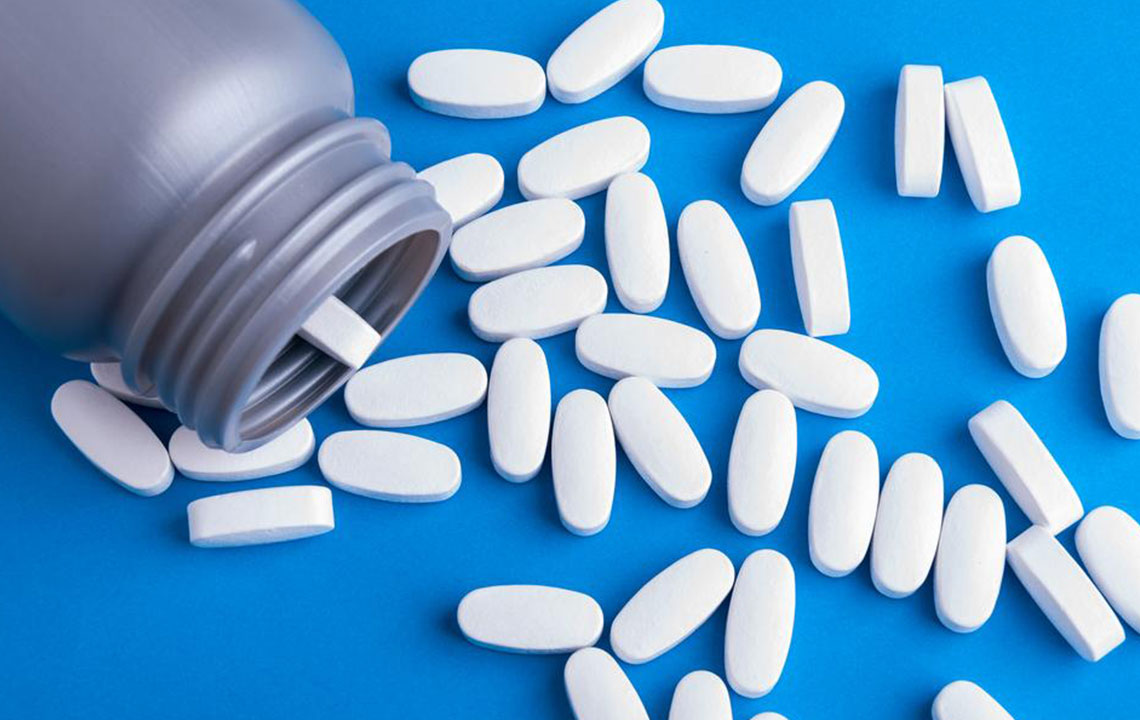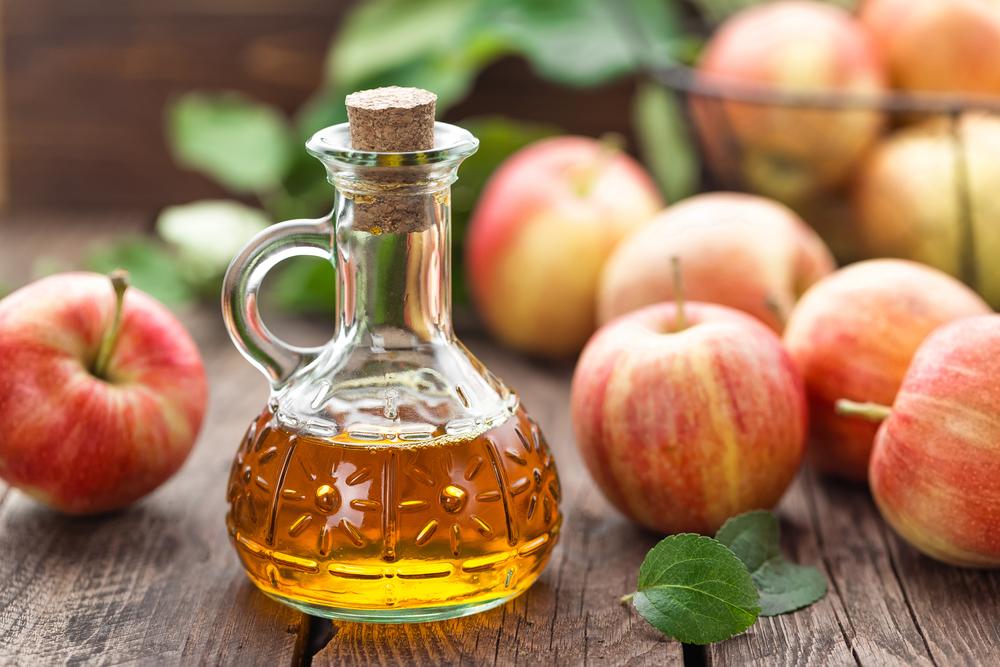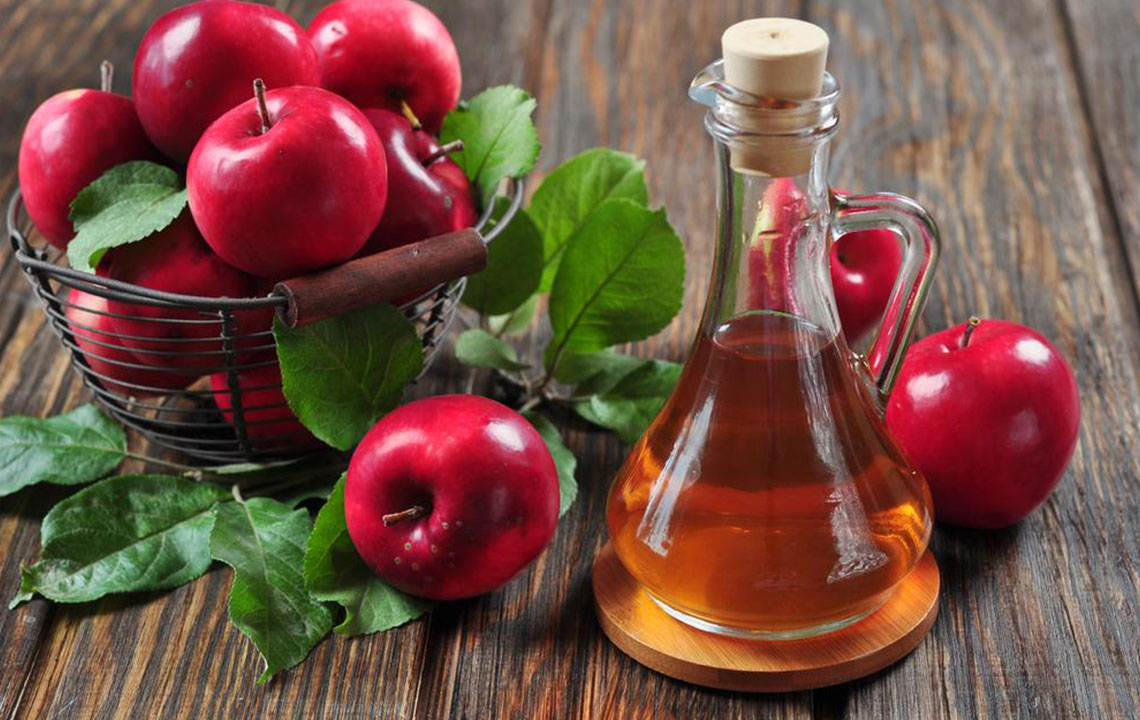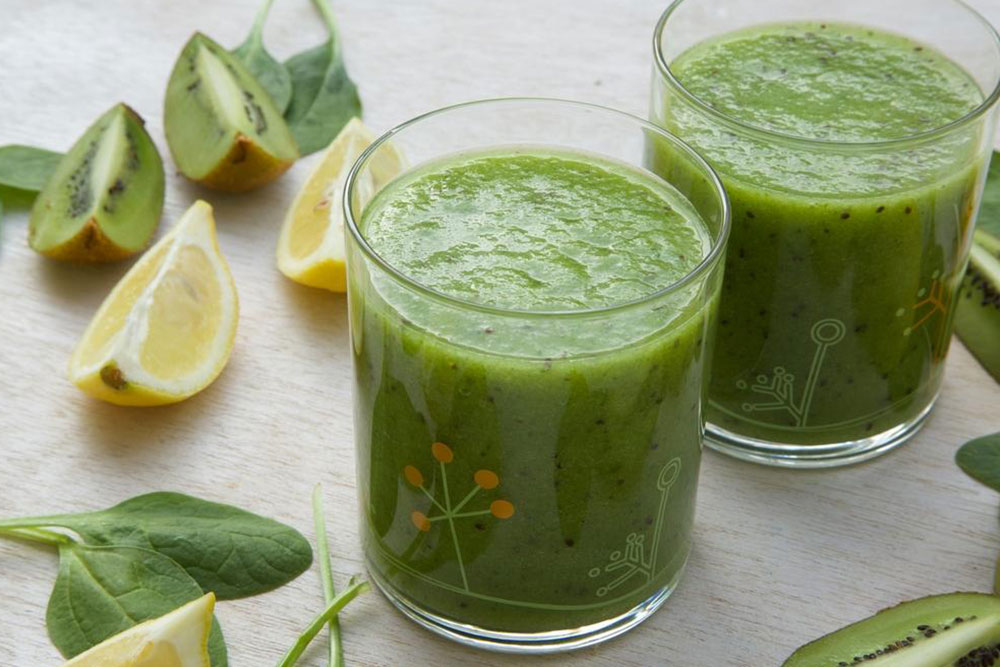The Importance of Iron-Rich Diets and Potential Risks of Excess Intake
Learn about the significance of iron in maintaining health, discover top iron-rich foods for different diets, and understand the potential dangers of consuming excess iron. Proper intake supports energy, immune function, and fetal development, while overconsumption may lead to digestive issues and chronic health problems. Consult healthcare professionals for personalized guidance on achieving balanced iron levels.
Sponsored
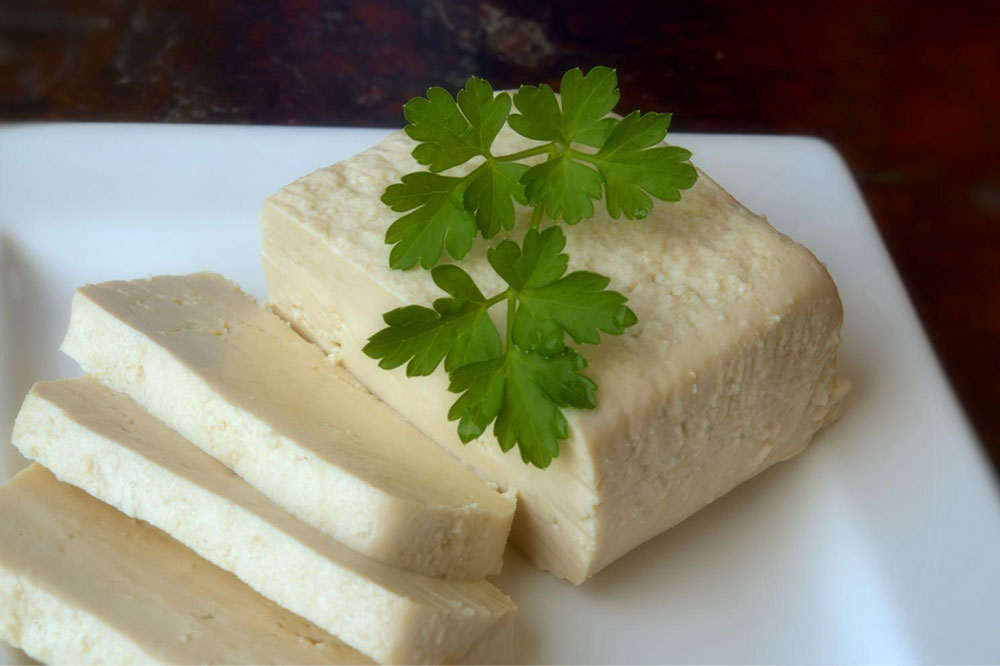
Role of Iron in Nutrition and the Impact of Overconsumption
Iron is a vital mineral that supports overall health by enabling oxygen transport and cellular functions. Many individuals face iron deficiency, leading to anemia and fatigue. What foods supply this essential nutrient? Here, we explore key iron-rich foods, their health benefits, and the potential consequences of consuming too much iron.
Sources of Iron
Understanding that iron comes in two forms is key. Heme iron, found in animal products, is easily absorbed, while non-heme iron in plant foods requires vitamin C for better absorption.
Red meats such as beef, lamb, and pork provide high levels of heme iron, which the body absorbs efficiently.
Poultry options like chicken and turkey also deliver ample heme iron.
Seafood like oysters, clams, prawns, as well as salmon and tuna, are excellent sources.
Plant-based eaters can include lentils, chickpeas, kidney beans, and soybeans to meet their iron needs.
Nuts and seeds—almonds, pumpkin seeds, and cashews—offer moderate iron content.
Dark leafy greens such as kale, collard greens, and spinach are rich in iron.
Fortified cereals and grains like muesli can boost daily iron intake.
Incorporate diverse iron-rich foods into your diet to maintain optimal health. Whether vegetarian or meat-eater, these choices support red blood cell production and oxygen delivery, vital for muscle function and overall vitality.
Health Benefits of Consuming Iron-Rich Foods
Eating sufficient iron offers several health advantages:
Prevents anemia
Iron is crucial for forming red blood cells that carry oxygen. Deficiencies can cause anemia, leading to fatigue. Consuming iron-rich foods helps maintain healthy RBC levels.
Boosts energy levels
Low iron can cause exhaustion. Ensuring adequate intake helps increase energy and combat tiredness.
Strengthens immune response
Iron supports white blood cell production, essential for fighting infections.
Enhances brain health
This mineral aids in oxygen delivery to the brain, improving cognitive function and concentration.
Supports muscle activity
Oxygen availability facilitated by iron is vital for muscle strength and movement.
Essential during pregnancy
Iron is critical for fetal growth and development. Deficiency during pregnancy can lead to complications, including premature birth.
If you experience symptoms of deficiency like fatigue or weakness, consider increasing iron-rich foods and consulting a healthcare professional.
Risks of Excess Iron Intake
While iron is essential, overconsumption can pose health risks:
Digestive issues
Too much iron may cause stomach upset, including constipation, nausea, and diarrhea.
Mineral imbalance
Excess iron can interfere with absorption of minerals like calcium, magnesium, and zinc.
Chronic disease risk
Excess iron can contribute to conditions such as heart disease, diabetes, and certain cancers.
Iron toxicity
High iron levels can damage organs like the liver, heart, and pancreas, leading to symptoms like joint pain and fatigue.
Increased infection susceptibility
Iron aids bacterial growth; excess amounts may heighten infection risks.
Typically, excess intake results from excessive red meat or fortified foods. To determine your ideal iron intake, consult a healthcare expert, ensuring optimal health without the risks associated with too much iron.

